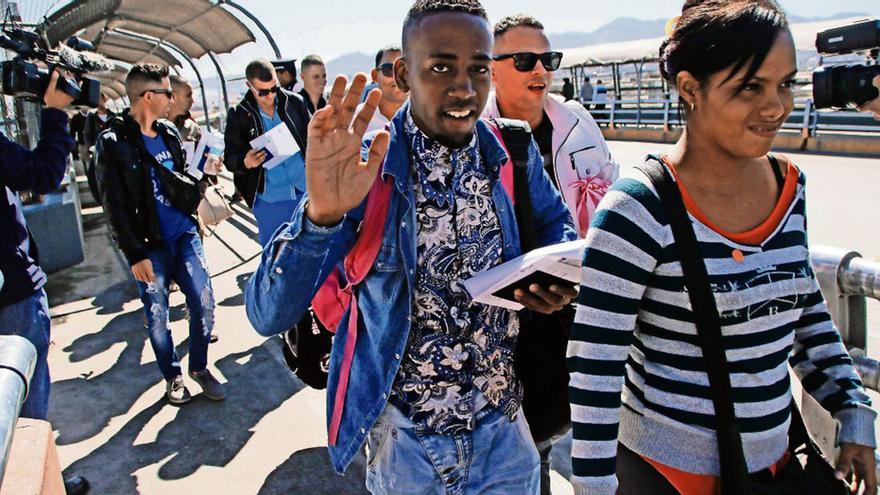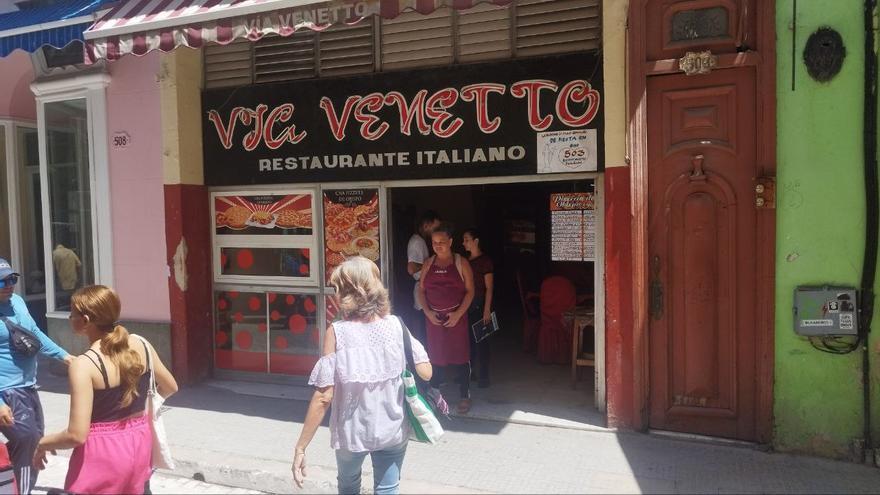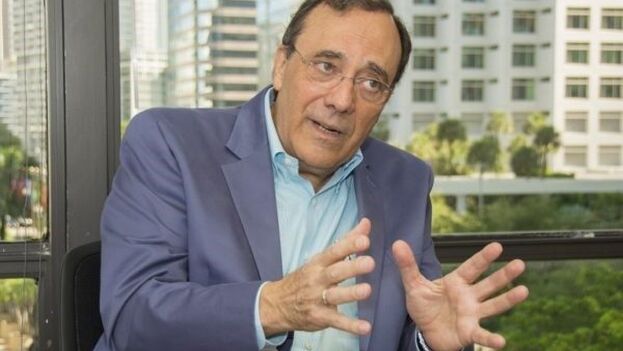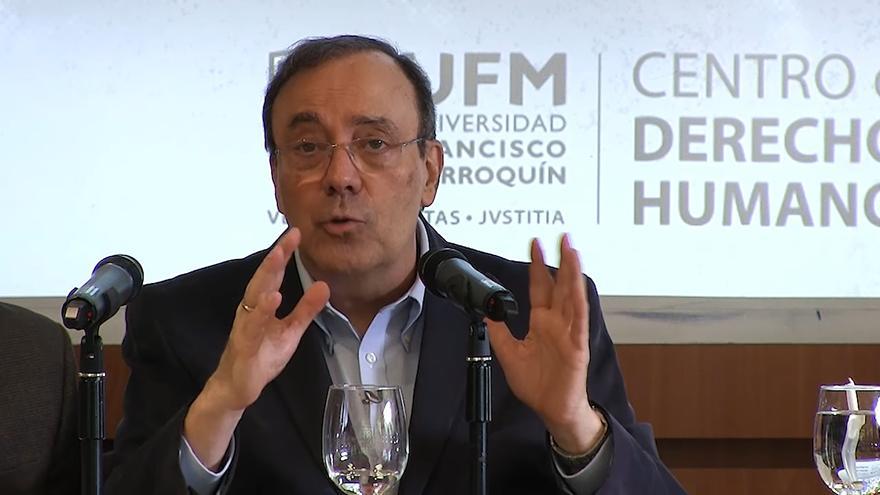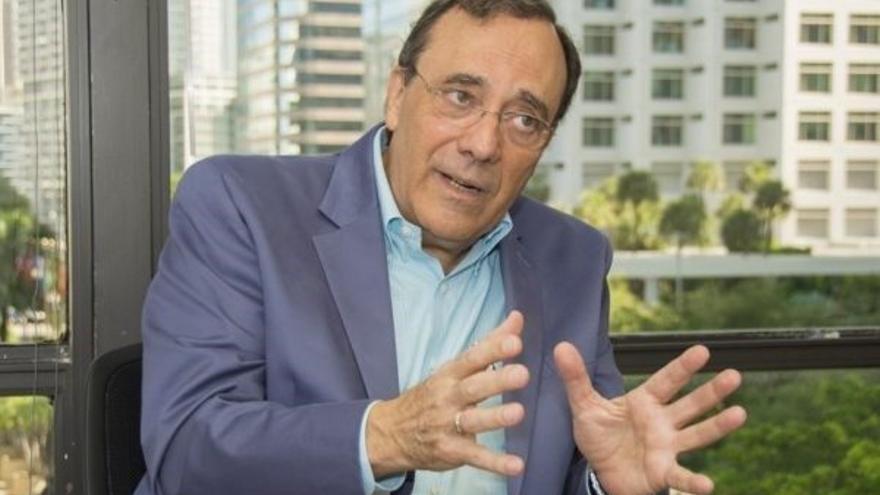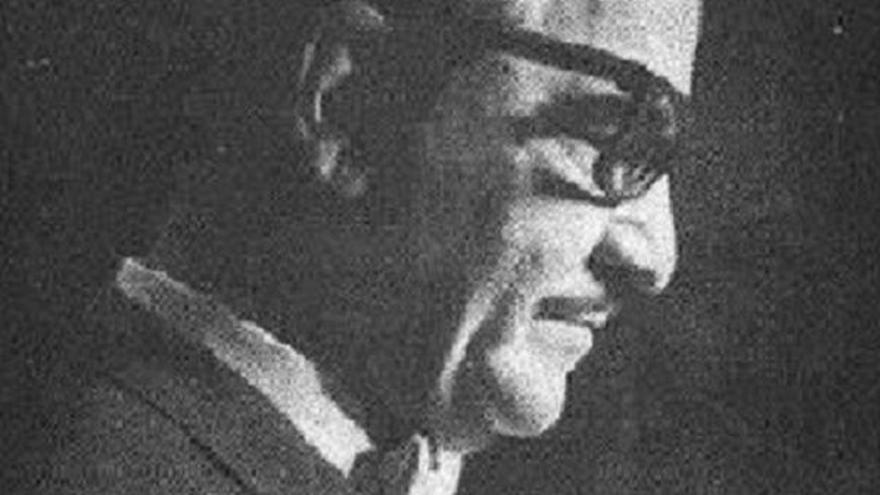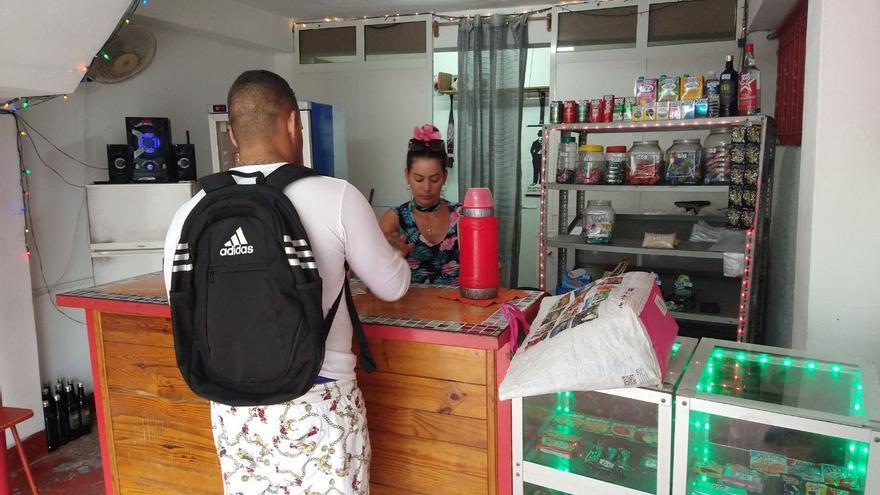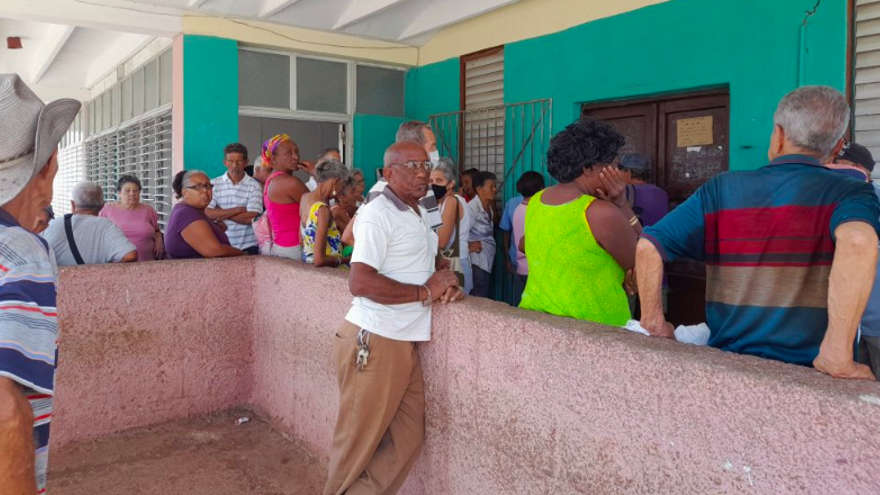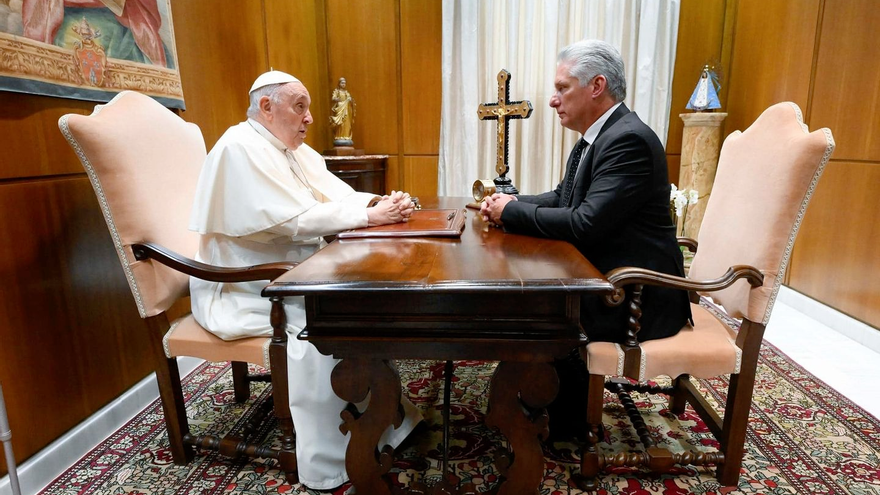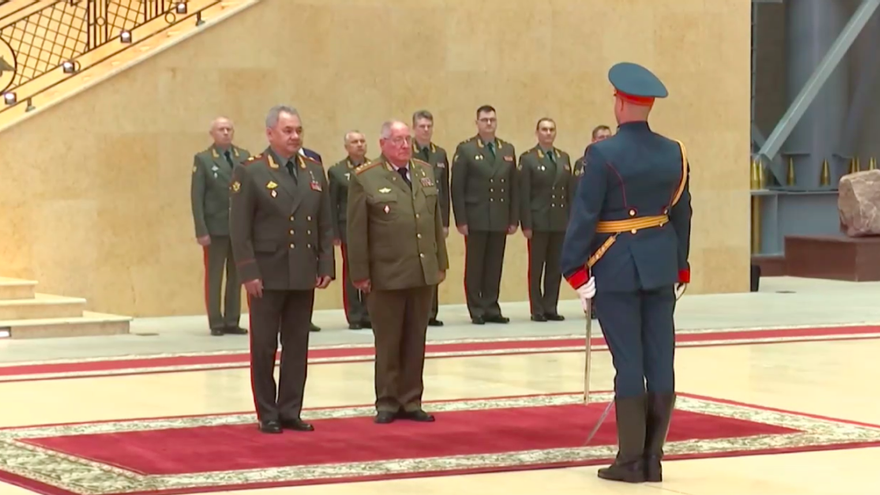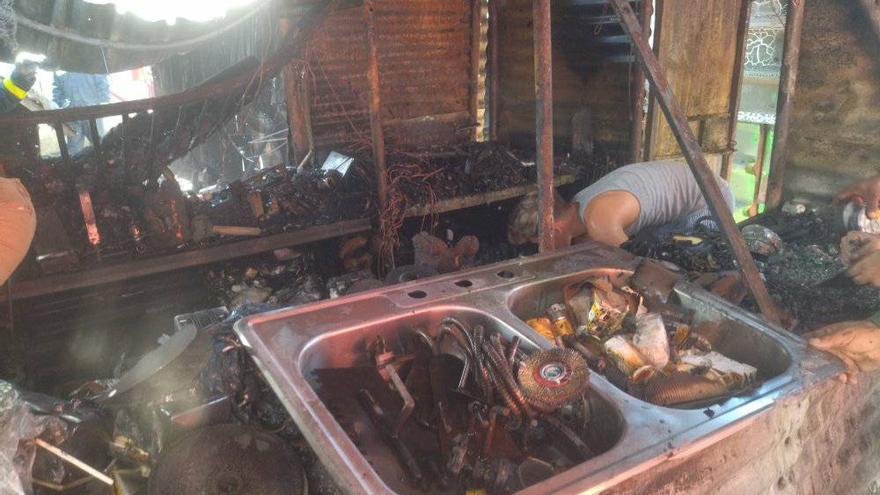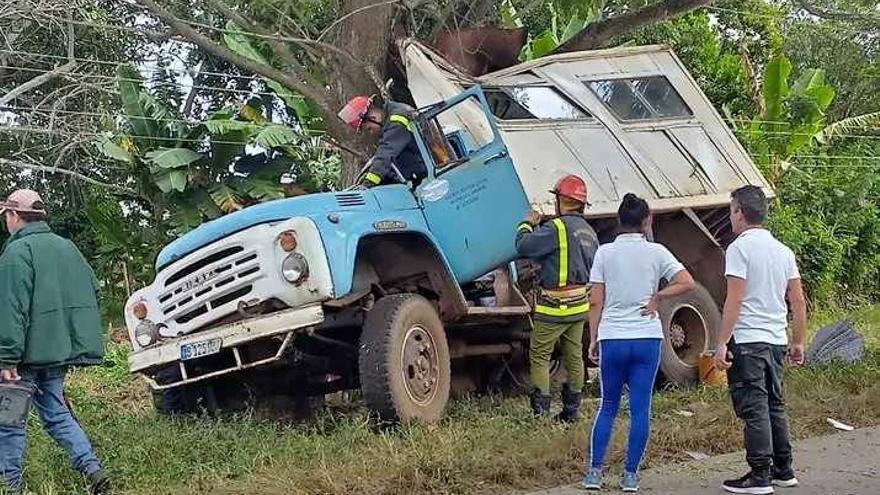
![]() 14ymedio, Havana, 29 June 2023 — Among the controversy over the desertions, this Thursday Cuba’s National Institute of Sports, Physical Education and Recreation (Inder) announced the elimination of the repatriation requirement for Cuban athletes residing abroad. The demand was an impediment for those who decided to emigrate to another country and wanted to participate in an event organized on the Island.
14ymedio, Havana, 29 June 2023 — Among the controversy over the desertions, this Thursday Cuba’s National Institute of Sports, Physical Education and Recreation (Inder) announced the elimination of the repatriation requirement for Cuban athletes residing abroad. The demand was an impediment for those who decided to emigrate to another country and wanted to participate in an event organized on the Island.
The official media Jit recognized that this requirement had been the generator of the greatest debates in baseball. It was indicated that it will be up to the different national commissions to update the regulations of their competitions, and this decision takes effect immediately.
The most recent case is that of Yasmany Tomás, “The Tank,” who had expressed his interest in returning to Cuba and playing with the Industriales team, but the repatriation requirement prevented him from doing so.
This player, who played four seasons with the Arizona Diamondbacks and also joined the Mexican team of Los Mochis, was informed that with the elimination of the controversial measure, he will be able to play with the Industriales in the playoffs.
“Havana has just informed Tomás’ family that he is authorized to play in the 2023 playoffs,” Por La Goma posted on Facebook.
The repatriation process, which was authorized in 2013, has been used by emigrants who want to buy a home on the Island, reside in the country after retirement or regain access to certain social services, but it also implies that the person can be “regulated” with a ban on going abroad, tax obligations and legal duties. continue reading
On the other hand, Denilson Milanés, one of the four soccer players who left the Cuban soccer team in Miami, was accused of “treason” by his father Adilson Milanés, who under the auspices of Inder, works in Costa Rica as a coach of beach and court volleyball.

“My son betrayed me and his grandmother,” said this native of Cienfuegos on his social networks. “Please Denilson, come back,” he asked. Adilson’s words, along with his studies at the Camilo Cienfuegos Military School, generated controversy and seemed to emanate from officialdom, from a member of the Revolutionary Armed Forces.
Since his desertion, Denilson Milanés has not offered any comments. In the face of Internet attacks, he clarified that his reaction had to do with politics. “In my post I said that I was betrayed,” he emphasizes. “You don’t know why. They want to politicize everything.”
So far, there are 33 dropouts of Cuban athletes in 2023. The figure does not surprise Raiko Arozarena, the brother of the naturalized Mexican baseball player Randy, who arrived in Mexico on a raft in June 2015. “It’s something we see as common,” the athlete said in an interview for the media covering the Gold Cup. “It has happened with several sports teams, that players arrive in foreign countries and stay,” he said.
Raiko Arozarena said that in the morning they trained, and at breakfast they began to tell people. “We saw that the boys were missing, that they stayed” at the place of practice. “When we had to travel to Houston, we noticed that Roberney Caballero, Denilson Milanés, Neisser Sandó and Jassael Herrera were not there.”
This Wednesday it was also confirmed that the former baseball player and director of the Island’s team, Roger Machado, arrived in the United States a month ago. The journalist Yordano Carmona specified that his arrival took place through humanitarian parole. “With the shortage in Cuba right now, they are even left without the dictatorship’s figureheads. Indeed, Roger Machado has been in West Palm Beach for more than a month through humanitarian parole. How great you are USA!”
Machado, the reporter said, is remembered for celebrating the Communist Party and the “90th birthday of the leader of the Cuban Revolution, Fidel Castro.”
Translated by Regina Anavy
____________
COLLABORATE WITH OUR WORK: The 14ymedio team is committed to practicing serious journalism that reflects Cuba’s reality in all its depth. Thank you for joining us on this long journey. We invite you to continue supporting us by becoming a member of 14ymedio now. Together we can continue transforming journalism in Cuba.

